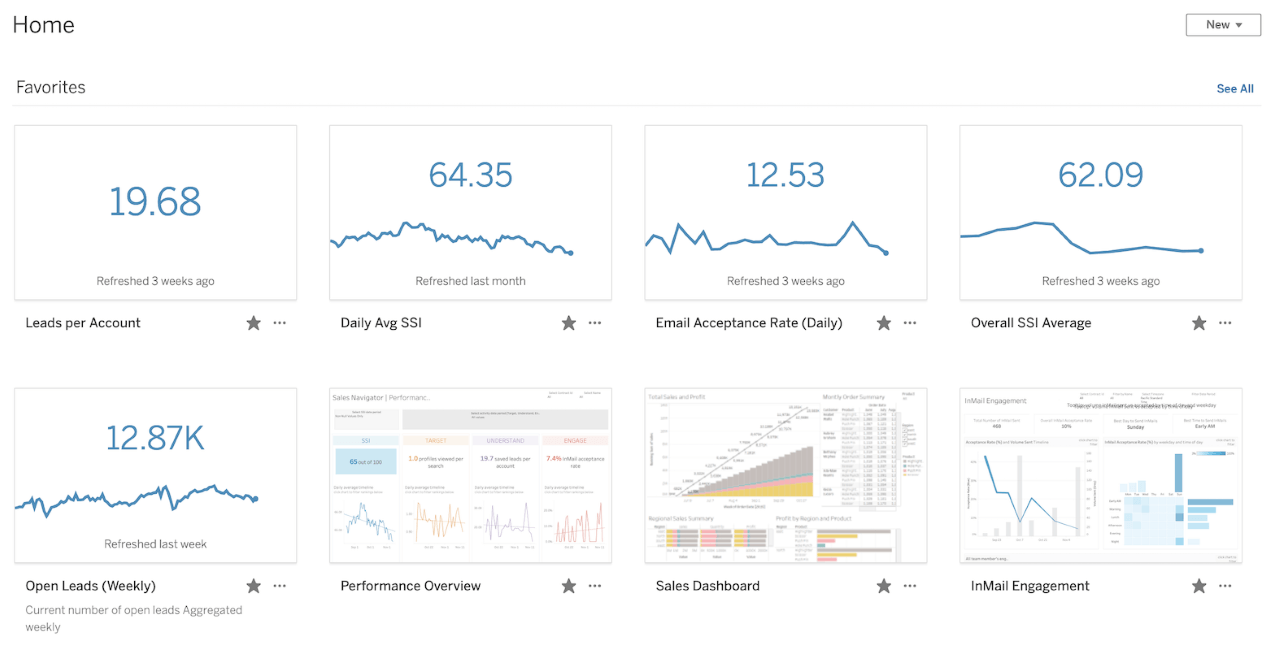As businesses grow and evolve, it is crucial to keep track of the key metrics that define success. Metrics are the quantitative measurements used to track various aspects of your business, such as revenue, customer acquisition, and retention rates. In this post, we will take a closer look at the importance of key metrics in running a successful business.
Introducing Metrics, headlines for your data
Metrics are not only important for tracking business success, but they can also be used to identify areas for improvement. By analyzing the data and the metrics, business owners can make data-driven decisions to optimize their operations and develop strategies to grow their businesses.

Key Metrics in Businesses - Brought to you by IT Chronicles
There are various key metrics that businesses can track to measure their success. One of the most important metrics is revenue. Revenue is the total amount of money generated by a business in a given period. By tracking revenue, business owners can determine the profitability of their ventures and prioritize investment decisions accordingly.

Another key metric for businesses is customer acquisition cost (CAC). CAC measures the cost of acquiring a new customer, factoring in marketing and sales expenses. By tracking CAC, businesses can evaluate the effectiveness of their advertising and prospecting efforts and develop strategies to reduce overall costs.

Project of the month | Mobius Consulting
Another critical metric for businesses is customer lifetime value (CLV). CLV measures the total revenue a customer generates for a business over their lifetime. By tracking CLV, businesses can evaluate the profitability of their customer base and develop strategies to maximize customer retention and loyalty.

Metrics & Analytics
Conversion rate is another essential metric for businesses. Conversion rate measures the percentage of website visitors who take a desired action, such as making a purchase or filling out a contact form. By tracking conversion rates, businesses can evaluate the effectiveness of their website design and marketing efforts and develop strategies to optimize their online presence.
Website Analytics: Understanding Key Metrics - Hayley Autumn
Another metric that businesses should track is customer churn rate. Customer churn rate measures the number of customers who leave a business over a given period. By tracking churn rate, businesses can evaluate the effectiveness of their customer service and retention efforts and develop strategies to reduce overall attrition.

With these performance metrics you will be able to achieve great
Finally, another essential metric for businesses is net promoter score (NPS). NPS measures customer loyalty and satisfaction by analyzing the likelihood that a customer would recommend a business to others. By tracking NPS, businesses can gauge the effectiveness of their customer service efforts and develop strategies to improve overall customer satisfaction and loyalty.

Examples of Bad Metrics - Daniel Miessler
While tracking metrics is essential for businesses, it is equally important to track the right metrics. Some metrics may seem important but can be misleading or not directly relevant to the business's success. Examples of bad metrics include counting website visitors without factoring in conversion rates or measuring social media followers without analyzing engagement rates.

Tips for Tracking Metrics
To get the most out of your metrics, it is essential to track them consistently and with accuracy. Here are some tips for tracking metrics effectively:
- Define your business goals and identify the key metrics that align with them
- Use reliable data sources and track metrics consistently over time
- Regularly review and analyze your metrics to identify areas for improvement
- Use data visualization tools to track and present your metrics in an accessible and informative way
- Refine your metrics over time as your business goals and objectives evolve
Ideas for Implementing Metrics
Implementing metrics in your business can be a daunting task, but the benefits are well worth the effort. Here are some ideas for implementing metrics into your business operations:
- Develop a data-driven culture by incorporating metrics into decision-making processes
- Use metrics to identify areas for process improvement and streamline operations
- Track customer feedback and sentiment to improve overall customer experience
- Use metrics to optimize marketing efforts and maximize conversion rates
- Develop data-driven strategies to increase customer retention and loyalty
Conclusion
In conclusion, tracking key metrics is essential for running a successful business. By analyzing metrics, business owners can make data-driven decisions, optimize their operations, and develop strategies to grow their businesses. While tracking metrics can be a challenge, using reliable data sources and regularly reviewing and analyzing metrics can yield valuable insights and lead to business success.